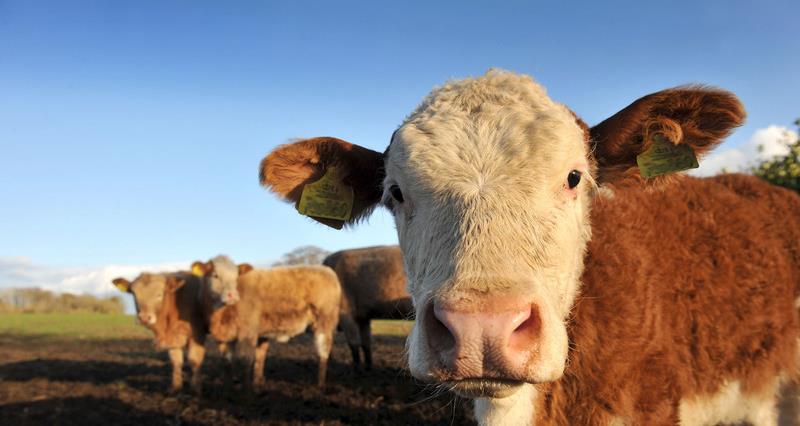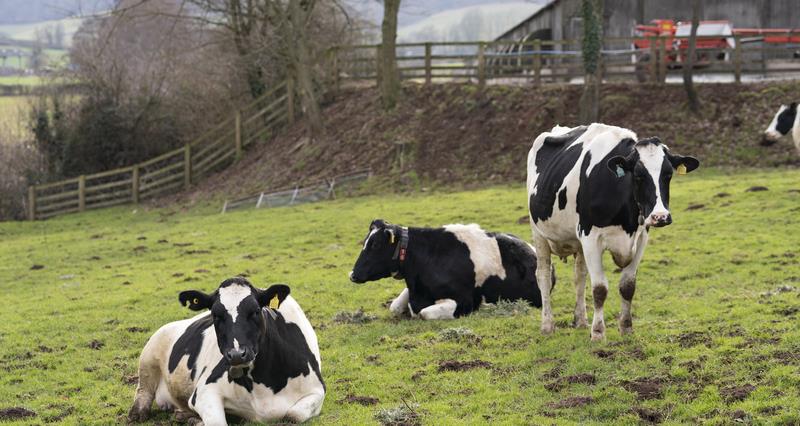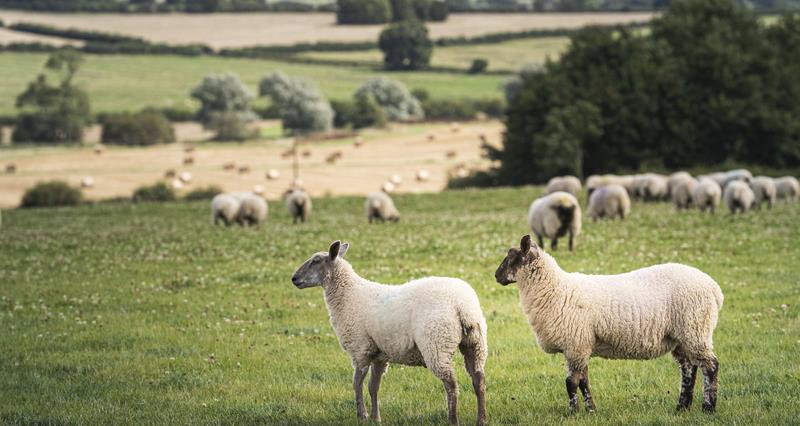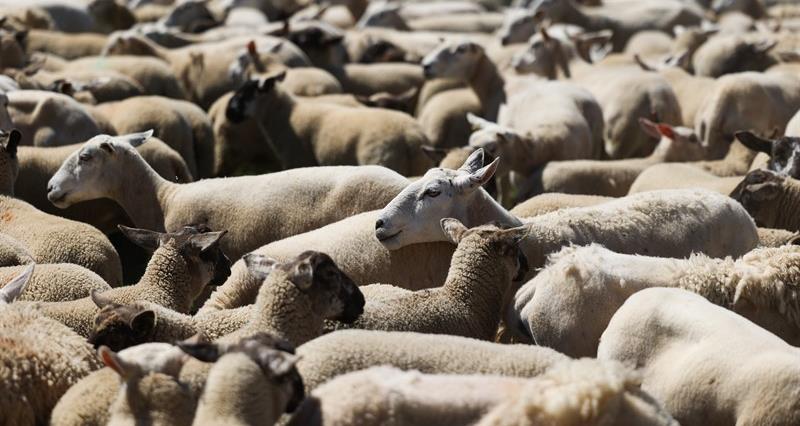Livestock keepers in Norfolk, Suffolk, Essex, Kent and East Sussex can apply for free bluetongue testing for susceptible animals if they are to be moved to live out of the high-risk counties listed above, or if susceptible animals will be sold at a market held within any of the high-risk counties where it is anticipated that there will be buyers from outside those high-risk counties.
This is a voluntary measure for livestock keepers to take up. It is not mandatory.
There are no new cases of bluetongue in the UK at this time.
The introduction of free testing reflects the increased risk of a BTV incursion as the weather gets warmer and has been introduced as part of the government's .
The strategy sets out how disease control efforts will focus on movement control of susceptible animals and their germinal products (semen, eggs, ova and embryos) as a precautionary tool to stem spread of the disease until a safe and effective vaccine for BTV-3 (bluetongue virus serotype 3) becomes widely available.
Applying for tests
Livestock keepers can apply for either:
- free sampling and testing
- free testing only, and pay for your own sampling from a private vet
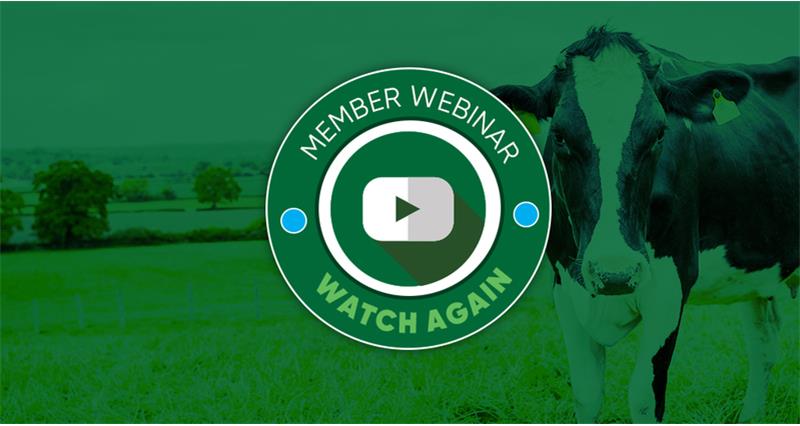
Watch again: Bluetongue latest with the UK's Chief Veterinary Officer
To book free testing (and free sampling), contact Farmcare:
Telephone: 0800 612 5289 (Monday to Friday, 9am to 5pm. You can leave a message out of hours.)
Email: [email protected]Ěý
The vet will send the samples to APHA or The Pirbright Institute for testing.
You should apply for free testing at least 10 working days before the planned movement or market date.
The vet should sample your animals 5 working days before the move or market to allow time to get your results.
(Working days are Monday to Friday, excluding public holidays. )
Useful links
To find out more information, visit:
The Chief Veterinary Officer has also provided an updated situation report. Visit:
